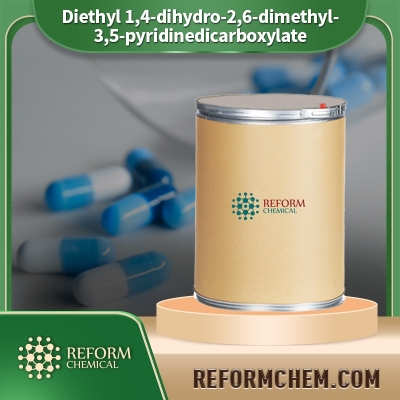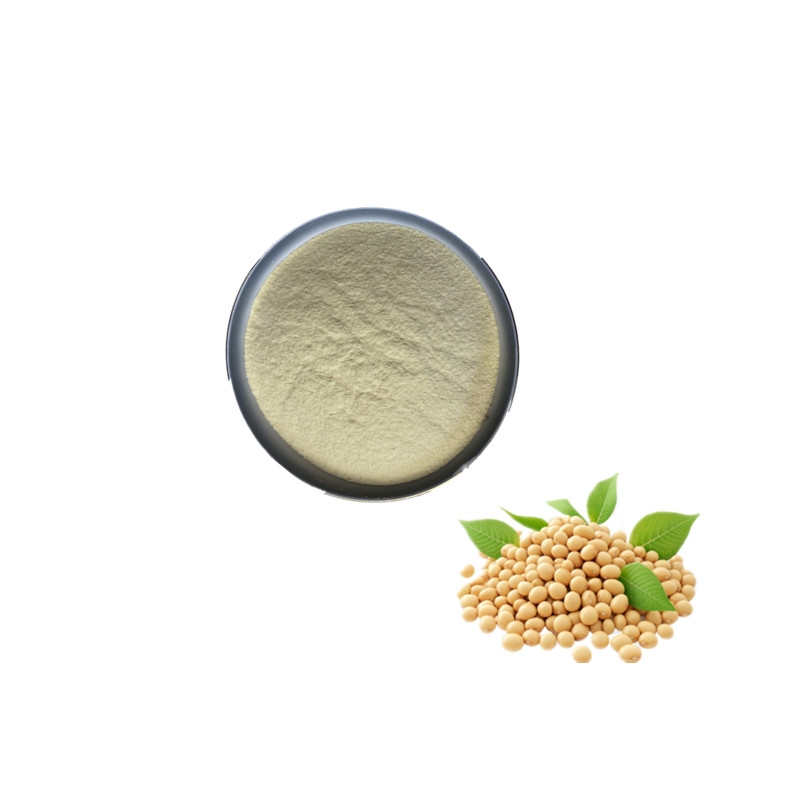-
Categories
-
Pharmaceutical Intermediates
-
Active Pharmaceutical Ingredients
-
Food Additives
- Industrial Coatings
- Agrochemicals
- Dyes and Pigments
- Surfactant
- Flavors and Fragrances
- Chemical Reagents
- Catalyst and Auxiliary
- Natural Products
- Inorganic Chemistry
-
Organic Chemistry
-
Biochemical Engineering
- Analytical Chemistry
-
Cosmetic Ingredient
- Water Treatment Chemical
-
Pharmaceutical Intermediates
Promotion
ECHEMI Mall
Wholesale
Weekly Price
Exhibition
News
-
Trade Service
Lactobacillus casei is a type of bacteria that is commonly found in the human gut and is also used in the chemical industry.
It is often used as a fermentation agent in the production of various chemicals, food additives, and pharmaceuticals.
One of the main benefits of using Lactobacillus casei in the chemical industry is its ability to produce organic acids, such as lactic acid, which can be used as a raw material for the production of various chemicals.
For example, lactic acid can be used to produce polylactic acid (PLA), which is a biodegradable plastic that is used in packaging and other applications.
In addition to its use as a fermentation agent, Lactobacillus casei is also used as a probiotic in the pharmaceutical industry.
Probiotics are live microorganisms that are believed to have a beneficial effect on the body, particularly on the gut microbiome.
Lactobacillus casei is commonly used in the production of probiotic supplements and functional foods that are designed to improve gut health and prevent digestive problems.
However, it is important to note that the use of Lactobacillus casei in the chemical industry does carry some risks.
The bacteria can produce toxic byproducts under certain conditions, which can pose a risk to workers in the chemical industry and to the environment.
One of the main safety concerns associated with the use of Lactobacillus casei in the chemical industry is the production of organic acids, such as butyric acid and propionic acid.
These acids can be toxic to workers in the chemical industry if they are not handled properly.
In addition, the waste products from fermentation processes using Lactobacillus casei can pose a risk to the environment if they are not properly disposed of.
To minimize the risks associated with the use of Lactobacillus casei in the chemical industry, it is important to take proper precautions when handling the bacteria and its waste products.
This may include the use of personal protective equipment (PPE), such as gloves and masks, to prevent exposure to toxic byproducts.
In addition, it is important to properly dispose of waste products from fermentation processes, including any residual bacteria, to prevent environmental contamination.
Overall, while Lactobacillus casei can be a useful tool in the chemical industry for its ability to produce organic acids and its use as a probiotic, it is important to take proper safety precautions to minimize the risks associated with its use.
Proper handling and disposal of the bacteria and its waste products, as well as the use of appropriate PPE, can help to ensure the safety of workers in the chemical industry and protect the environment.







